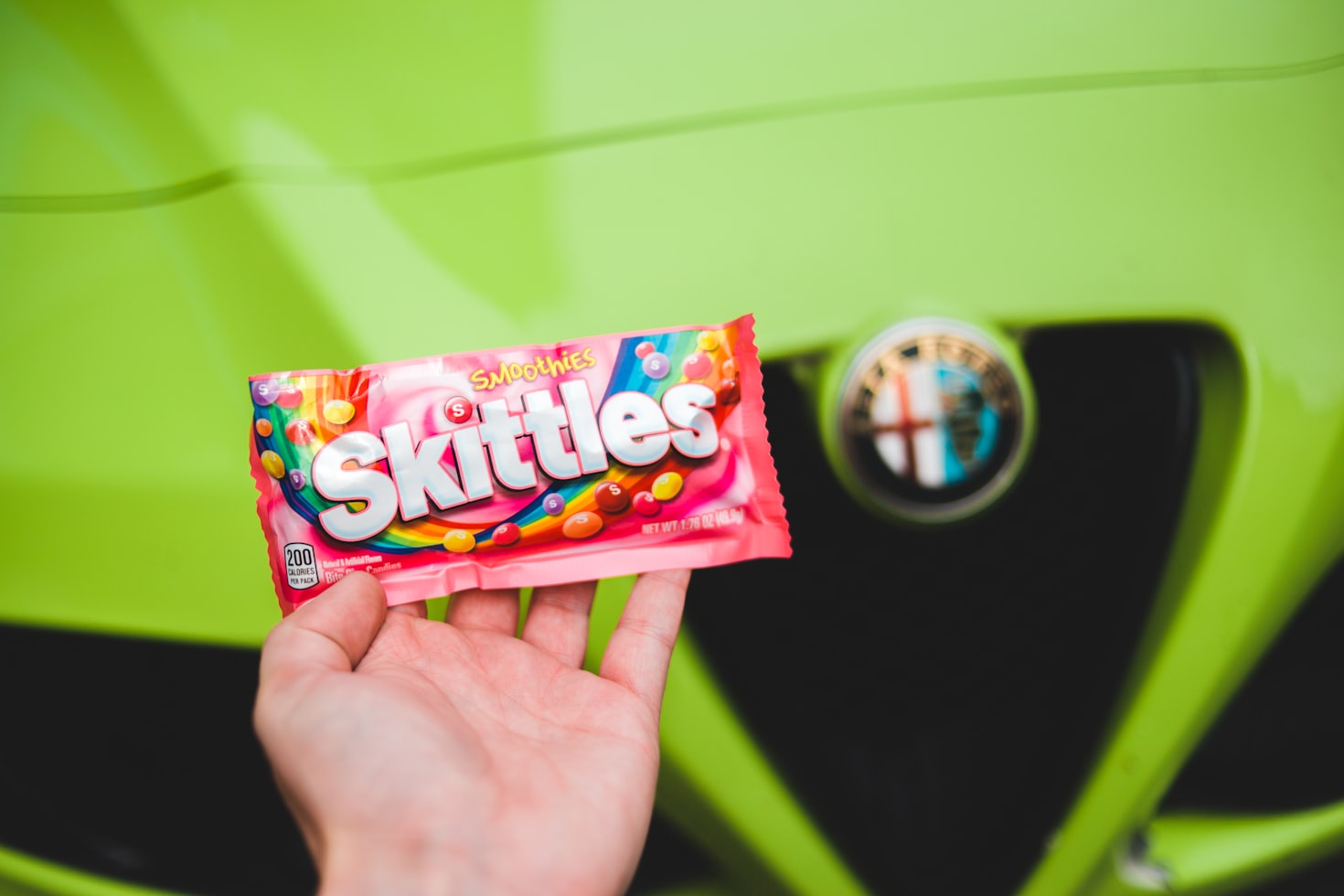Does Gum Break Ketosis?
When following a ketogenic diet, one of the primary goals is to achieve a state of ketosis, where the body burns fat for fuel instead of carbohydrates. This metabolic state has been associated with numerous health benefits, including weight loss, improved mental clarity, and increased energy levels. However, there is some debate about whether chewing gum can break ketosis. In this article, we will explore the potential impact of gum on ketosis and provide valuable insights for those following a ketogenic lifestyle.
The Role of Carbohydrates in Ketosis
In order to understand the potential impact of gum on ketosis, it is important to first grasp the role of carbohydrates in this metabolic state. When you consume carbohydrates, your body breaks them down into glucose, which is the primary source of energy for most cells. However, when carbohydrate intake is restricted, as in a ketogenic diet, the body starts to burn stored fat for fuel instead.
By limiting carbohydrate intake to around 20-50 grams per day, the body enters a state of ketosis. During ketosis, the liver produces ketones from fat, which are then used as an alternative energy source. This shift in metabolism is what allows individuals to experience the benefits associated with a ketogenic diet.
The Impact of Gum on Ketosis
Chewing gum typically contains ingredients such as sweeteners, flavorings, and fillers. While these ingredients may not contain significant amounts of carbohydrates, they can still have an impact on ketosis. The main concern with gum is the potential for the sweeteners used, such as sugar alcohols or artificial sweeteners, to trigger an insulin response.
Insulin is a hormone that helps regulate blood sugar levels. When insulin levels rise, it can inhibit the production of ketones and shift the body back into using glucose as the primary fuel source. Therefore, if the sweeteners in gum cause an insulin response, it could potentially disrupt ketosis.
The Sweetener Factor
Not all sweeteners are created equal when it comes to their impact on ketosis. Some sweeteners, such as sugar alcohols like xylitol or erythritol, have minimal effects on blood sugar and insulin levels. These sweeteners are often used in sugar-free gum and are considered safe for those following a ketogenic diet.
On the other hand, artificial sweeteners like aspartame or sucralose have been shown to have varying effects on insulin levels. While some studies suggest that these sweeteners do not cause a significant insulin response, others indicate that they may have a slight impact. The individual response to artificial sweeteners can also vary, making it difficult to draw definitive conclusions.
Case Studies and Personal Experiences
While scientific research on the impact of gum on ketosis is limited, there are anecdotal reports and case studies that provide some insights. Many individuals following a ketogenic diet have reported that chewing sugar-free gum does not seem to affect their ketone levels or hinder their progress.
However, it is important to note that everyone’s body is unique, and individual responses may vary. Some individuals may be more sensitive to certain sweeteners or have a higher insulin response, which could potentially disrupt ketosis. It is recommended to monitor your own ketone levels and observe how your body responds to gum consumption.
FAQs
1. Can chewing gum with sugar break ketosis?
Yes, chewing gum with sugar can break ketosis. The carbohydrates in sugar can raise blood sugar levels and trigger an insulin response, potentially shifting the body out of ketosis.
2. Is sugar-free gum safe for ketosis?
Sugar-free gum, especially those sweetened with sugar alcohols like xylitol or erythritol, is generally considered safe for ketosis. These sweeteners have minimal effects on blood sugar and insulin levels.
3. Do artificial sweeteners in gum affect ketosis?
The impact of artificial sweeteners on ketosis is still debated. While some studies suggest that they may have a slight effect on insulin levels, others indicate no significant impact. Individual responses to artificial sweeteners can vary.
4. How can I determine if gum affects my ketosis?
To determine if gum affects your ketosis, you can monitor your ketone levels using urine strips, blood tests, or breath analyzers. Keep track of your ketone levels before and after chewing gum to observe any changes.
5. Are there any gum brands specifically designed for ketosis?
While there are no gum brands specifically designed for ketosis, there are sugar-free gums available that use keto-friendly sweeteners like xylitol or erythritol. These can be a suitable option for those following a ketogenic diet.
6. Can gum consumption hinder weight loss on a ketogenic diet?
Gum consumption alone is unlikely to hinder weight loss on a ketogenic diet. However, if the gum contains significant calories or leads to increased snacking or overeating, it could potentially impact weight loss progress.
Summary
Chewing gum, particularly sugar-free gum, is generally considered safe for those following a ketogenic diet. While the sweeteners used in gum may have minimal effects on blood sugar and insulin levels, individual responses can vary. It is recommended to monitor your own ketone levels and observe how your body responds to gum consumption. Ultimately, maintaining a well-balanced ketogenic diet and lifestyle is key to achieving and sustaining ketosis.





